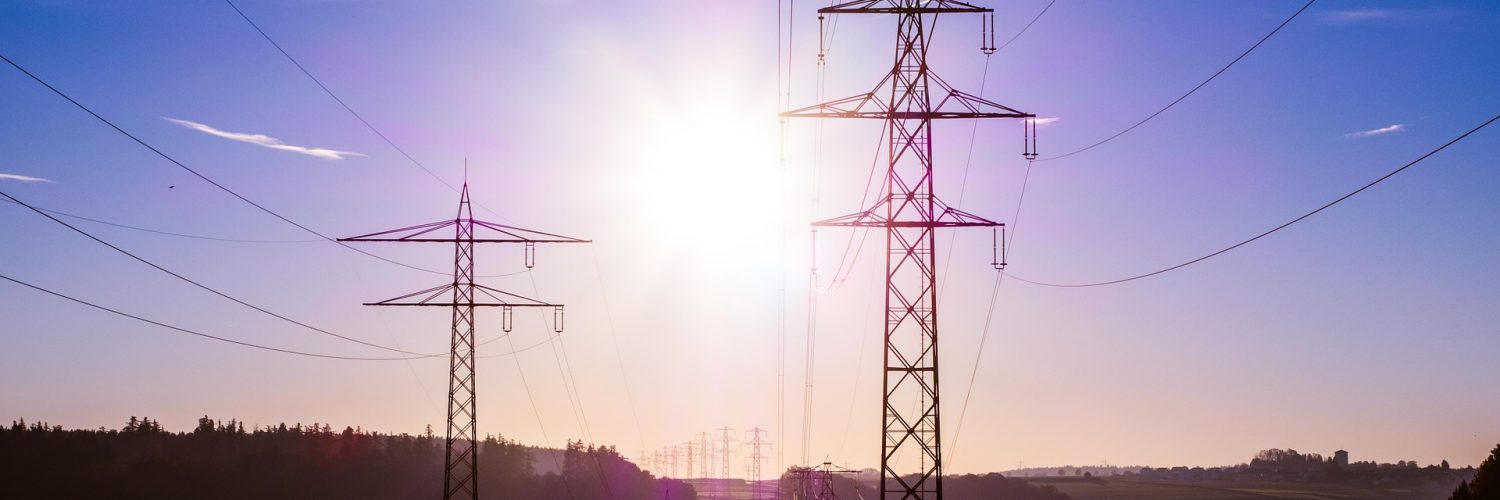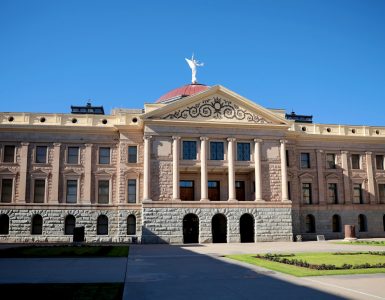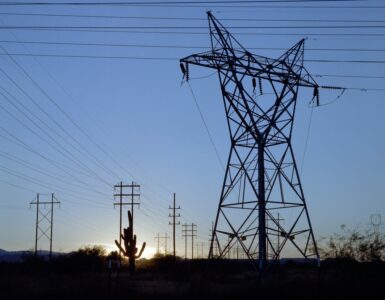In the most expensive ballot campaign war in Arizona history, the opposition appears to be crushing a “clean” energy initiative.
Called Proposition 127, the initiative would require utilities to provide half of their energy from renewable sources by 2030 “irrespective” of costs to consumers. Ten percent must come from rooftop solar. Carbon-free nuclear and pre-1997 hydropower are not allowed in the percentage.
Close to $55 million has been spent among groups on both sides hoping to sway voters. A new poll Thursday shows opponents are dominating, 61.8 to 31.8 percent.
“The ‘no’ campaign has been incredibly successful,” said Paul Bentz, senior vice president of research and strategy at HighGround, Inc. of Phoenix that conducted the survey.
For the survey, 400 likely voters were polled statewide by cell phone and landline from Oct. 26- 28. The margin of error was plus or minus 4.9 percent. The study set a GOP advantage at 10 percent based on the recent trend in ballot returns. As of today, the GOP advantage was 7.9 percent with 1.46 million ballots returned, according to Garrett Archer from the Arizona Secretary of State’s office.
Proposition 127 faces serious opposition from Republicans, Bentz said. Only 8.9 percent of males and 11.8 percent of females support the initiative, the survey shows. It also suffers from low support from unaffiliated voters and all age groups besides those 29 and younger.
Most of the support comes from Democrats, particularly younger voters, the poll indicates.
“Proposition 127 is suffering from massive Republican and unaffiliated voter opposition,” Bentz said. “If it weren’t for vigorous Democrat support, it would be faring even worse. It is well below the 50 percent threshold and is likely to face defeat on election day.”
More than 100 diverse organizations and 300 elected officials statewide have joined to publicly oppose the constitutional mandate including Democrat Rep. Mark Cardenas. Almost every utility in the state has said they would have to raise electric rates to pay for the costly mandate, and that’s something his working-class constituents can’t afford, he said.
“I will gladly support solar panels when I see them in my neighborhood,” Cardenas said.
Proposition 127 has surpassed the 2002 gaming debate as the most expensive ballot issue in Arizona history.
With both sides pumping millions into the campaign, the effectiveness of political ads is a topic that has been heavily researched, often inconclusive.
When both sides have lots of money, scare tactics can be an effective strategy, said Phoenix political analyst Mike O’Neil.
“On one hand, we’re going to make a better environment but if it gets to the point where it’s going to cost me a lot of money, I might rethink it,” he said.
Another tactic is confusion, Bentz said.
“At the end of the day if voters are confused, they tend to vote no.”
















Add comment